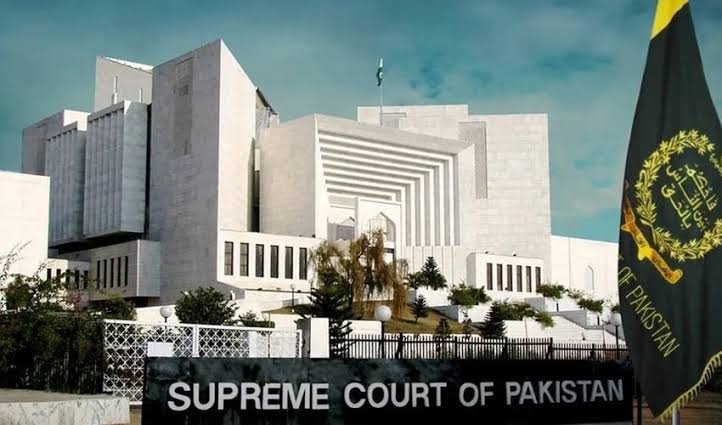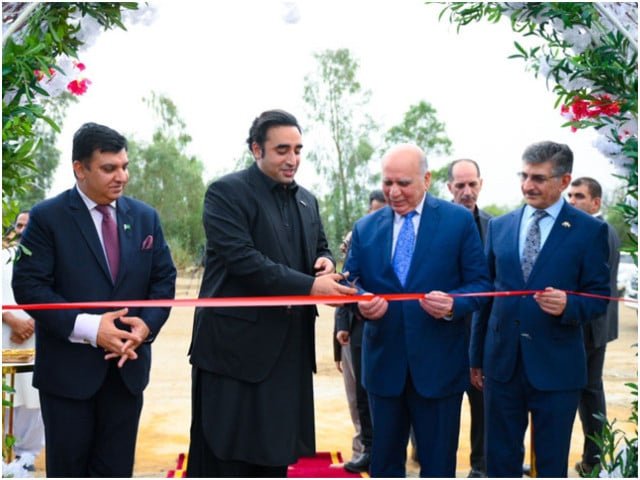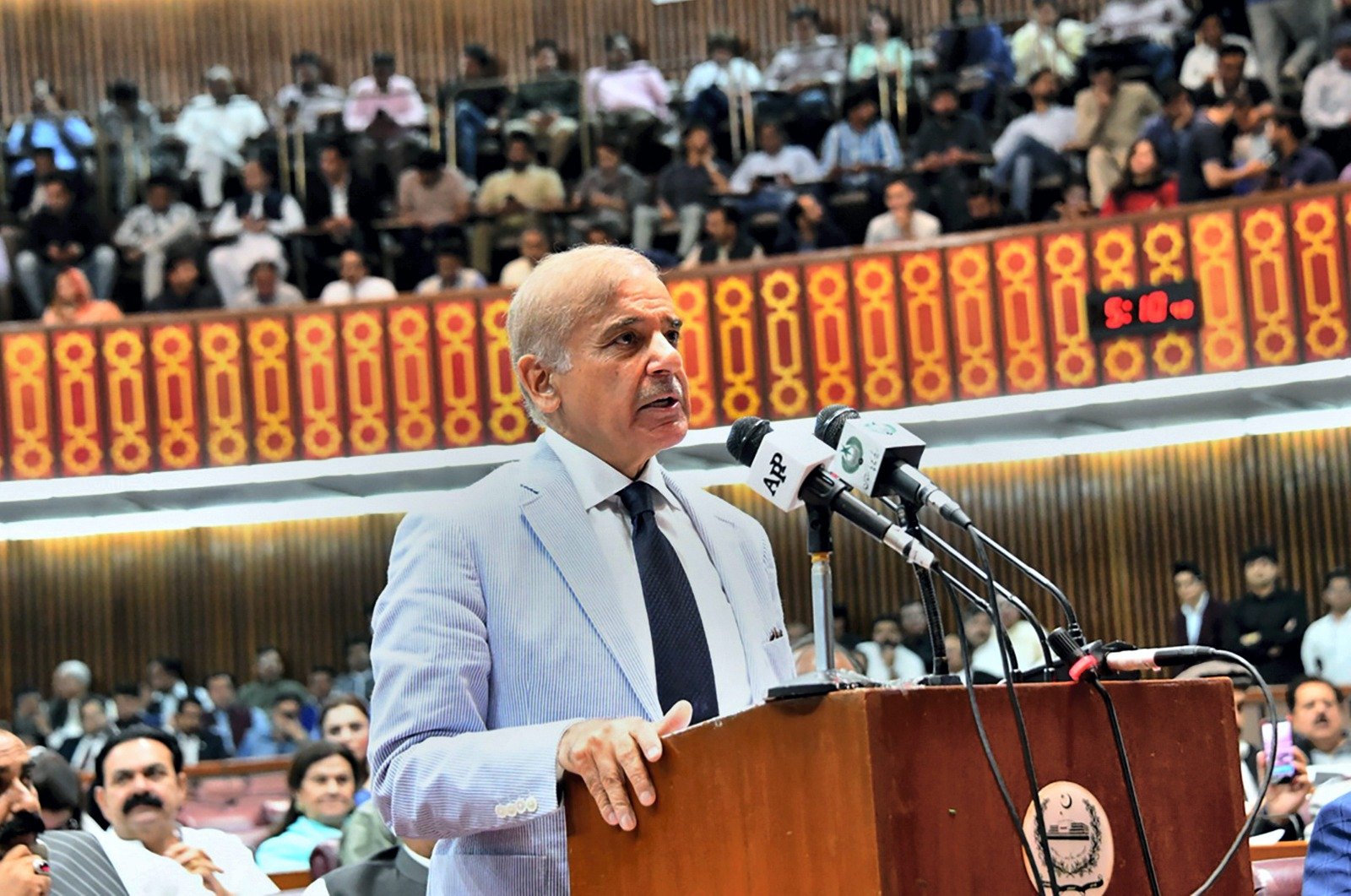Supreme Court Rejects Government’s Plea on Military Court Verdicts

The Supreme Court of Pakistan has declined the government’s request to permit military courts to announce verdicts in cases involving civilians. A seven-member constitutional bench, headed by Justice Aminuddin Khan, is hearing appeals challenging the legality of trying civilians in military courts.
Key Highlights from the Hearing:
- Rejection of Government’s Request:
- The bench ruled that allowing military courts to announce verdicts would implicitly endorse their jurisdiction over civilian trials, which is under constitutional scrutiny.
- Judicial Observations:
- Justice Musarrat Hilali expressed concern about acknowledging military court jurisdiction if verdicts were allowed.
- Justice Jamal Khan Mandokhail urged all lawyers to assist the court in resolving the case expeditiously.
- Justice Naeem Afghan raised critical questions regarding the process of transferring civilians to military custody, specifically the role of anti-terrorism courts (ATCs) and whether proper orders were issued.
- Arguments on Judicial Opinions:
- Lawyer Salman Akram Raja voiced objections to parts of Justice Munib Akhtar’s earlier written judgment, indicating that these would be addressed in his arguments.
Adjournment and Next Steps:
The court adjourned the hearing until tomorrow, with the focus on determining the constitutional validity of trying civilians in military courts and ensuring procedural adherence by ATCs in transferring cases.
Background:
- The use of military courts to try civilians has been a contentious issue, raising concerns about due process, transparency, and civil liberties.
- The government argues these courts are necessary to address cases of terrorism and national security threats. However, legal and human rights groups have criticized the practice as undermining the judicial system.
This ruling underscores the Supreme Court’s critical stance on preserving civilian judicial authority and ensuring compliance with constitutional principles. Further proceedings will clarify the court’s position on this pivotal issue.










